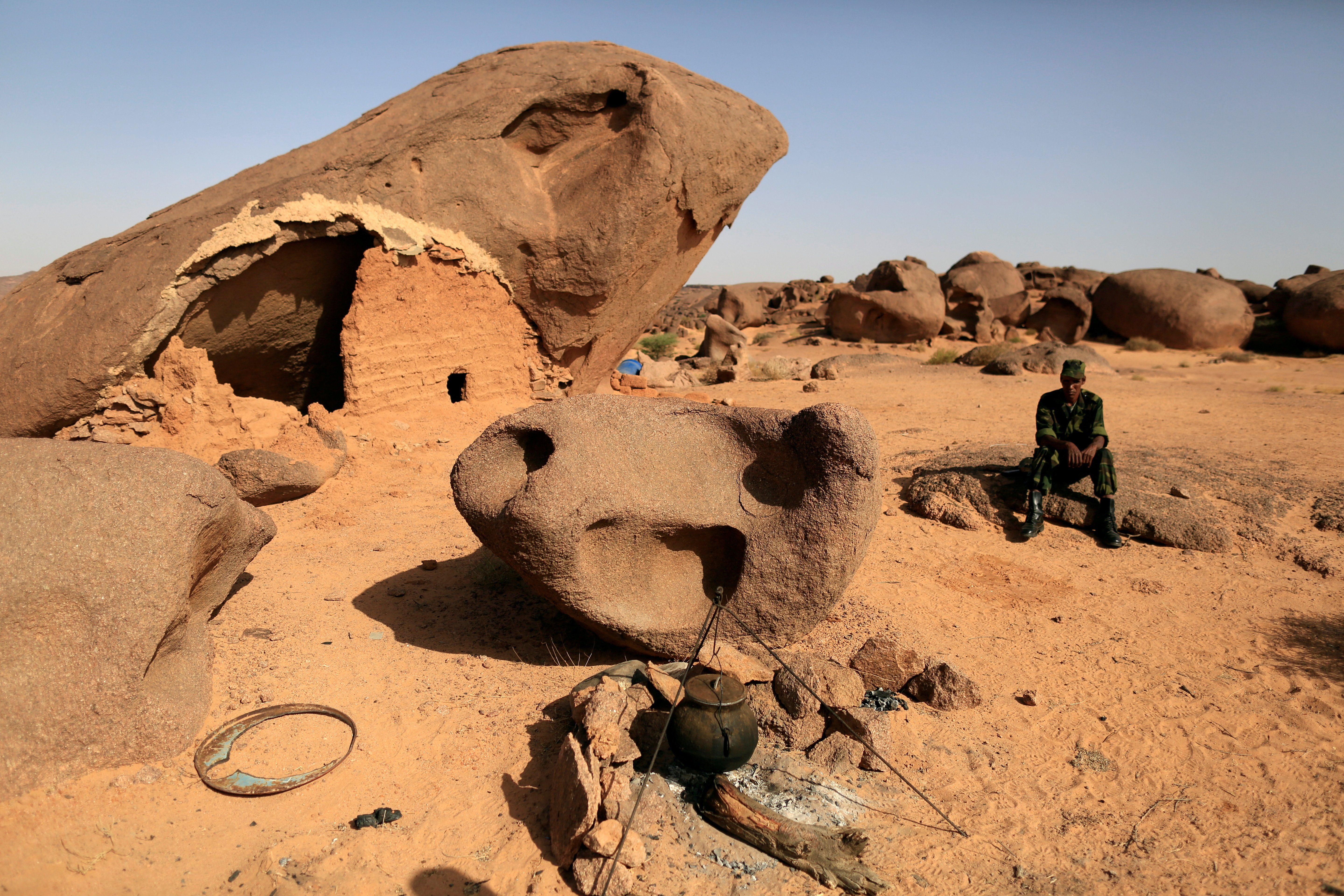Algeria withdrew its ambassador from Paris this week in response to France’s decision to recognize Moroccan sovereignty over Western Sahara. In a letter sent Tuesday – notably on the 25th anniversary of Morocco’s King Mohammed VI’s reign – French President Emmanuel Macron endorsed the 2007 plan for Western Sahara to become an autonomous region under Moroccan control.
Background: Morocco has long claimed sovereignty over Western Sahara, a resource rich area in North Africa formerly controlled by Spain. The plan would make the Western Sahara an autonomous region similar to Spanish regions such as Catalonia or the Basque Country. Meanwhile, Algeria backs the Polisario Front, a group that has long fought for the region’s self-determination. France’s decision notably aligns it with the US, which recognizes Morocco’s sovereignty over the region.
Macron is now weighing a visit to Morocco in the coming months, and in his letter he described the “continued economic and social development” of Western Sahara as “imperative.”
The decision is bad for France-Algeria relations. As a former colony, Algeria already had strained relations with France over questions of restitution and the returning of historical items. Their ties are also critical, as the import of Algerian gas to France hasincreased since Russia’s invasion of Ukraine, and it was the biggest LNG supplier to France after Russia this month.